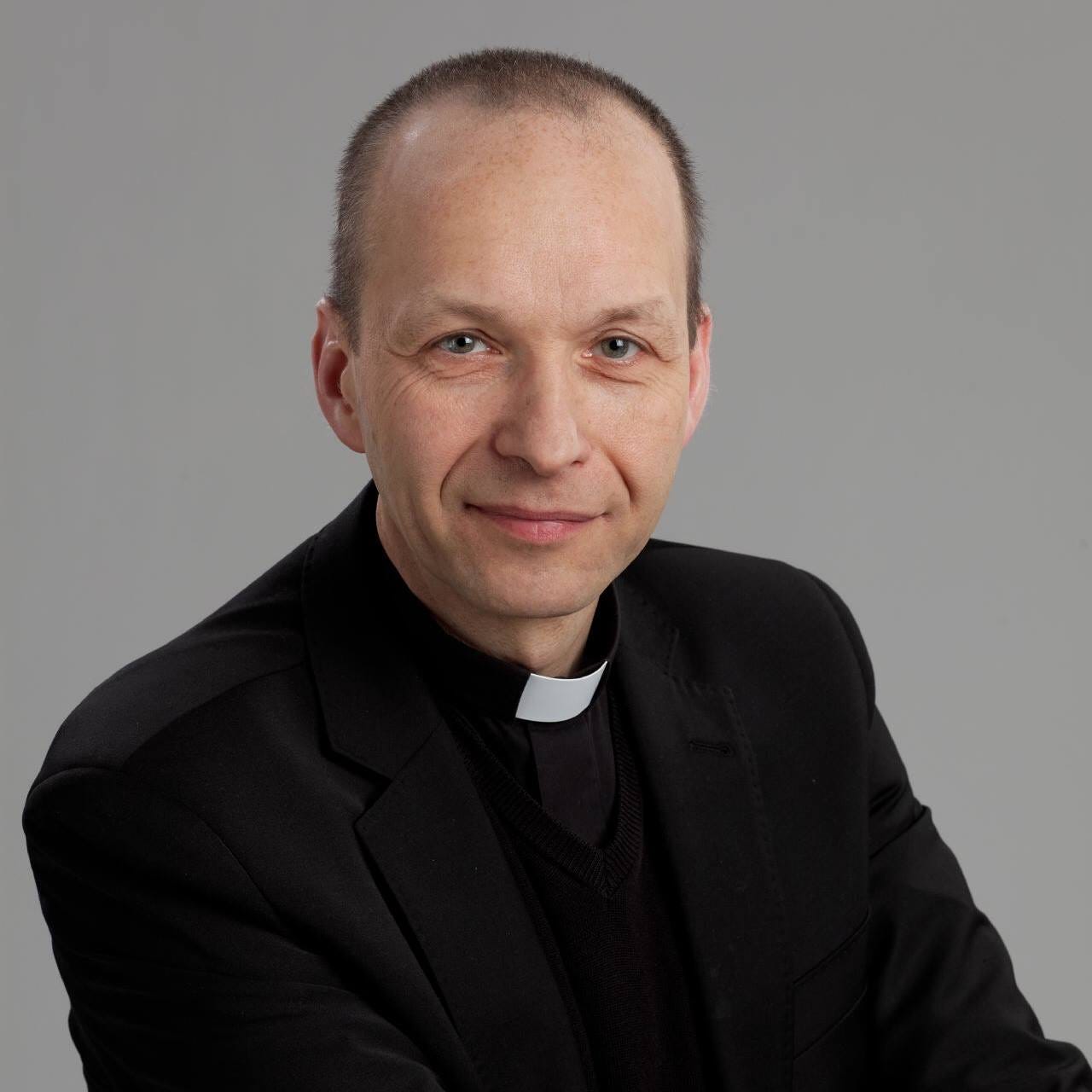In Slovakia: communism, consumerism, and evangelizing the ‘seekers’
Meet Bishop Jozef Hal’Ko of Bratislava
For a lot people, Slovakia is hardly the first nation that comes to mind when they think of Catholic countries in Europe. They might first think of Italy, where Vatican City is, of Portugal, where Our Lady of Fatima appeared, or of Poland, where Pope St. John Paul II grew up.
But the small C…

